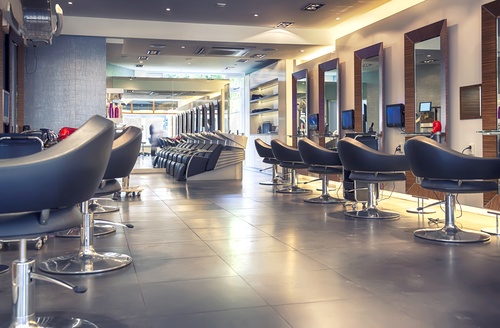BLOG
Hair and beauty salons: VAT for Rent-a-Chair models

We promised more blog posts for hair and beauty salon owners, so today we’re looking at the financial implications of the popular ‘rent-a-chair’ model.
Charging self-employed stylists to rent a chair in your salon, rather than shelling out for a new full-time employee, can seem like a foolproof plan - especially if money is tight or you’re just starting out in business.
And indeed, there are many financial benefits to running your salon with this business model.
But to make it work for you, you’ll need to put in place a watertight legal agreement that outlines the terms of the deal.
First and foremost, you’ll need to decide how to charge for your chair. Charging a fixed weekly or monthly rent brings you a guaranteed income, but if the stylist proves to be extremely busy and popular - perhaps even taking work away from your own employees - it would be more lucrative to take a percentage of the chair’s takings instead.
A combination of the two (a lower fixed rental fee, plus a modest cut of the chair’s takings) can work best for you - but of course, the freelancer needs to agree the terms too…
Financial implications and VAT
Whatever the terms of your agreement, your rent-a-chair deal will yield financial benefits in three key areas. As the stylist is not your employee, you’ll never have to fork out for holiday pay, maternity leave or national insurance contributions (freelancers have to pay all their own taxes).
However, there are important VAT implications to be aware of - and as the HMRC ruling only changed recently (in late 2012), this is something many salons are oblivious to…
Simply put, while renting a chair could previously be argued as a ‘licence to occupy land’ and therefore VAT-exempt, any charge you now make for chair rental is classed as VAT incurring income.
For many salons adopting the rent-a-chair model, this simple change will be enough to push them above the £82,000 threshold for VAT registration.
If you’re running a rent-a-chair business model in your salon and you’d like to discuss your VAT and tax obligations with us, just get in touch and we’ll be more than happy to help.
Read our earlier blog : Six habits of highly successful salons




.jpg?width=1500&height=1000&name=amy-hirschi-K0c8ko3e6AA-unsplash-(5).jpg)

